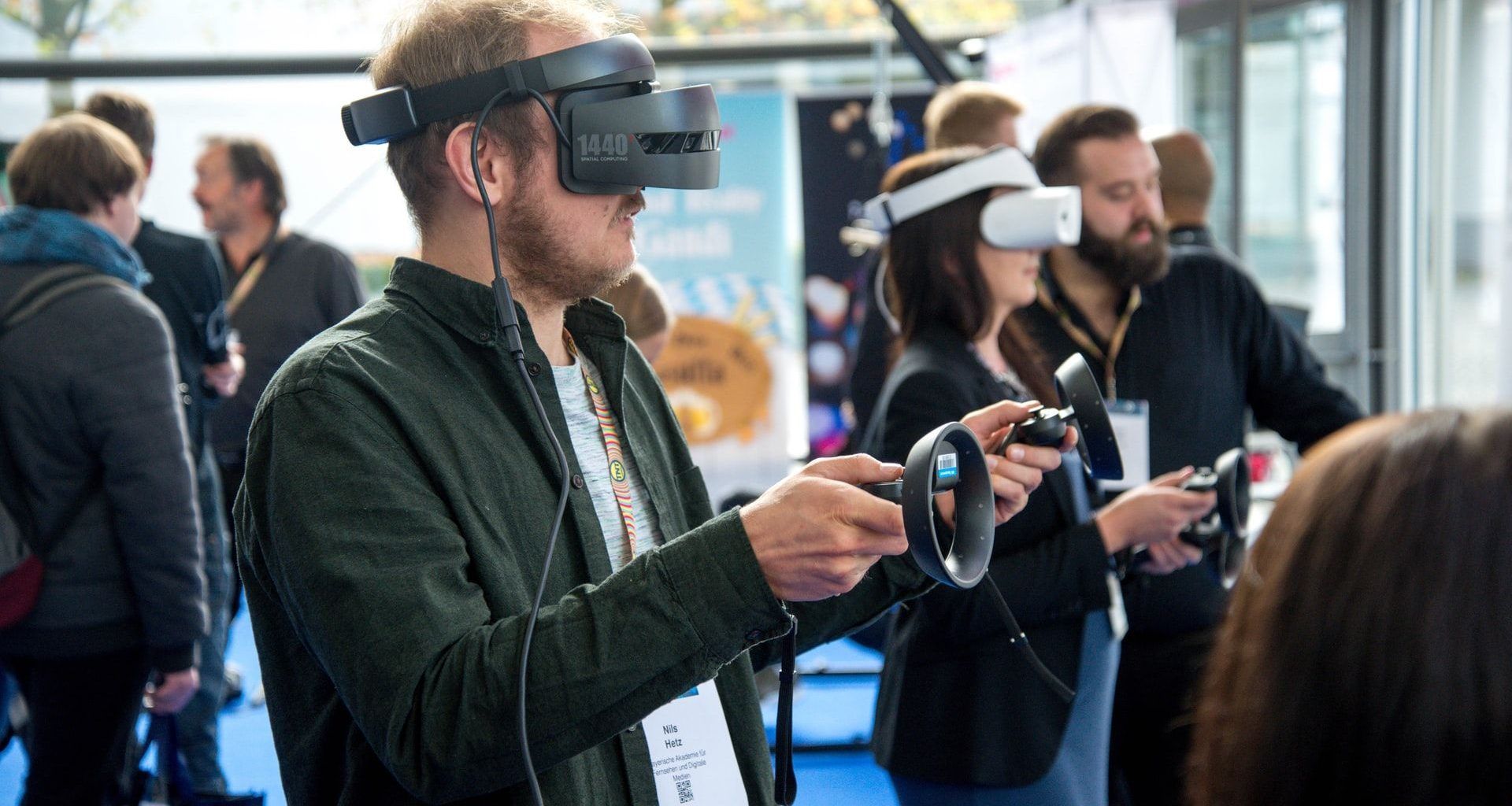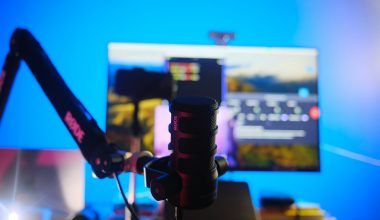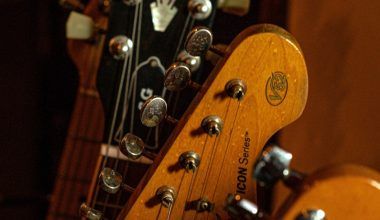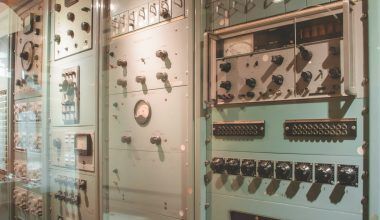Music has been more than just a source of entertainment for ages. No wonder, music distribution has evolved over time. Thanks to the digital world, music can now be easily distributed over online music streaming platforms like Spotify, Apple Music, and more through the help of aggregators. Can Virtual Reality (VR) be the future of live music?
For those who do not know, Virtual Reality helps a person to give an enhanced music experience, using a virtual reality headset. Various famous artists have uploaded music videos with a 360-degree scannable environment, with a perfect VR experience. Pop artist The Weeknd’s The Hills remix feat. Eminem (A Virtual Reality Experience), is one of the most well-known examples of this.
Can Virtual Reality (VR) be the Future of Live Music?
Virtual Reality (VR) is revolutionizing the music industry by providing an immersive and interactive experience that traditional live concerts cannot match. The integration of VR technology in live music performances has the potential to transform the way we experience music. Below, we delve into the key reasons why VR might just be the future of live music.
Ease of Live Events
One of the biggest reasons proving VR to be the future of live music is the ease of attending the events. The biggest pain of the live events is the long queues, long traveling to the shows, dirty toilets, etc. With VR, these concerns can easily be eliminated.
Just hop into your living room, plug in those VR headsets, and tune in to the live concert. Enjoy your favorite drinks and snacks with your dear artists performing, without compromising on the crazy vibes. If lucky enough, you might get the front row view.
Free From Uncertainties
Talking about the failure of live music concerts due to COVID-19, there are various uncertainties that can lead to the cancellation of events. Bad weather, flight cancellations, tickets sold for the event, are some other reasons for events being canceled. The ease of VR can give a smooth and unbelievable live music or concert experience.
Recently, musicians have been able to stream live music concerts with VR headsets. Apart from eliminating the risks of concert failure, they also have given their fans a better experience. VR concerts also provide bigger audience expectations, which can be a barrier to physical concerts.
Connecting with Artists
In the time of the pandemic, we have missed the aura and vibes of live concerts. The crisis has made it difficult to conduct live events anytime soon. As the world has accepted the new normal, the music industry needs to do the same.
VR will play a massive role in connecting the fans with the artists. Many artists have already started with AR and online music concerts— that too, with a secure mode of payment.
Unlimited Audience Capacity
Traditional concerts are limited by the physical space of the venue. VR concerts, however, can be accessed by an unlimited number of viewers from around the world. This opens up opportunities for artists to reach a global audience without the constraints of venue capacity.
For instance, in 2020, Travis Scott’s virtual concert on the Fortnite platform attracted over 12 million live viewers. Such events are not just concerts but large-scale virtual gatherings that combine music, gaming, and social interaction, offering a unique experience that is hard to replicate in the physical world.
Enhanced Fan Engagement
VR concerts can offer a more personalized and interactive experience compared to traditional concerts. Fans can choose their viewpoint, interact with virtual environments, and even participate in the concert through avatars. This level of engagement can lead to a more memorable and immersive experience.
Additionally, VR technology allows for the inclusion of special effects and visual enhancements that are not possible in physical venues. This can create a more visually stunning and captivating concert experience.
Cost-Effective Solution
Hosting a traditional concert involves significant costs, including venue rental, equipment setup, security, and logistics. VR concerts can be a more cost-effective solution, reducing many of these expenses. This can make it easier for emerging artists to host concerts and reach their audience without the financial burden of traditional concert setups.
Moreover, fans can also save money by attending VR concerts, as they do not have to spend on travel, accommodation, and other expenses associated with attending physical events.
Sustainability
With growing awareness about environmental issues, the sustainability aspect of VR concerts cannot be overlooked. Traditional concerts often have a significant environmental impact due to travel, energy consumption, and waste generation. VR concerts, on the other hand, have a much lower environmental footprint, making them a more sustainable option for the future.
By reducing the need for physical travel and large-scale setups, VR concerts contribute to lowering carbon emissions and promoting a more eco-friendly way of enjoying live music.
Technological Advancements
The rapid advancements in VR technology are continuously improving the quality of VR experiences. Higher resolution displays, better motion tracking, and more immersive audio are making VR concerts more realistic and enjoyable. As technology continues to evolve, we can expect even more sophisticated and immersive VR music experiences in the future.
Companies like Oculus, HTC, and Sony are investing heavily in VR technology, pushing the boundaries of what is possible in the virtual space. This ongoing innovation will only enhance the potential of VR in the music industry.
Expanding Revenue Streams
For artists, VR concerts offer new revenue streams. In addition to ticket sales, artists can monetize through virtual merchandise, exclusive content, and sponsorships. Virtual goods and experiences can provide additional income, further incentivizing artists to embrace VR technology.
Furthermore, VR platforms can offer subscription models, giving fans access to a variety of concerts and exclusive content for a monthly fee. This recurring revenue model can be beneficial for both artists and VR platform providers.
Challenges and Future Prospects
While VR concerts offer many advantages, there are challenges to be addressed. The cost of VR headsets and the need for high-speed internet can be barriers for some fans. Additionally, creating high-quality VR content requires significant investment and technical expertise.
However, as technology becomes more accessible and affordable, these challenges are likely to diminish. The growing popularity of VR in gaming and other entertainment sectors suggests a positive trend for the future of VR in music.
Conclusion
The VR experience will have the ability to drive a deeper connection with audiences creating powerful and memorable experiences. As the world is evolving, so is the future of music. Technology has joined hands with music to give us some memorable and unique experiences for the upcoming years.
Deliver My Tune is one of the most trusted aggregators helping artists to take their music to online channels. As the world is evolving, so is the future of music. Technology has joined hands with music to give us some memorable and unique experiences for the upcoming years.
For further reading, explore these related articles:
- How Live Shows During And Post Pandemic Are Going To Be Like?
- Official Vevo Partners: Empowering Artists for Global Success
- The Ultimate Guide to Video Distribution Services for Independent Artists
For additional resources on music marketing and distribution, visit Deliver My Tune.






